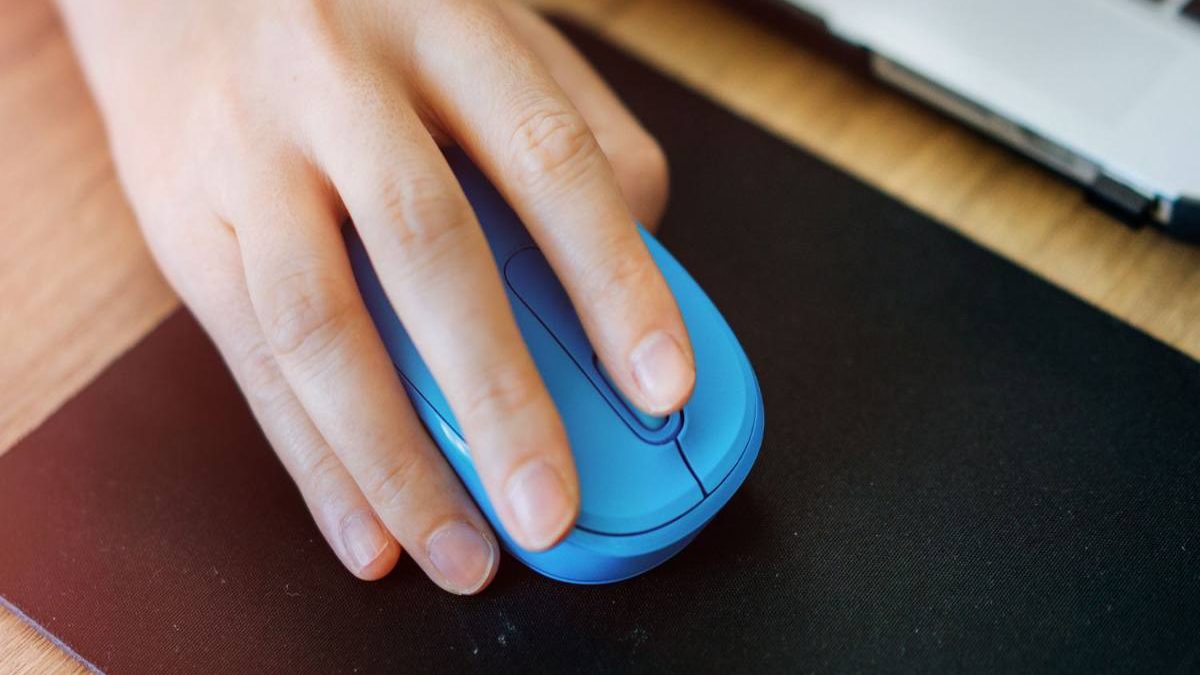
Table of Contents
Introduction
Mouse Drop: Drag-and-drop refers to selecting an item or helping of text, moving it (dragging), and then dropping it (dropping) in a dissimilar location. For example, you would first hit your mouse pointer on an object, such as an icon, before slowly dropping it. After that, move the object to the desired area while landing the left mouse button, and then let go of the switch to set it down.
How to Drag and Drop on a Tablet or Smartphone?
Place your finger on the item and hold it there. Lift your finger after sliding it over the screen until the thing is at the desired location. Find the program, file, or folder that has to remain moving.
How to Cancel a Drag-and-Drop
Press Esc to stop dragging and dropping anything if you accidentally clicked the wrong item.
The undo option can correct a poor drag-and-drop activity if you’ve already released your mouse button, moved something, overwrote something, or created another issue.
What is Drag-and-Drop Editing?
Any editing done by dragging an image, text, or object from one location to another remains called drag-and-drop editing. For instance, you may pick the text and then click and drag it to a different area within a document to move it.
How to Scroll while Drag-and-Drop Editing?
Move to the window edge in the direction you wish to scroll if the area of the text you want to drag is not visible while you are doing so. For instance, use the below steps to extract text from the document’s top to bottom.
The text you want to move should remain highlighted.
Drag the highlighted text to the bottom of the window or document area by clicking and dragging it.
The software starts to scroll down when it gets close to the bottom edge. Hold the button down while touching the cursor where you want the text to go, and then release the button.
You can click-and-drag text from one spot in a document to another by selecting the reader first.
Anatomy of an Optical Mouse
A few essential parts can remain inside an optical mouse’s shell. A registration pin and hole remain located on the bottom of the mouse’s interior surface. A single chip image sensor/signal processor is placed behind the lens, followed by a lens/mirror assembly that covers the hole. A LED remains set so that it will reflect off the mirror, pass through the hole, and land on the ground below.
The image sensor receives a transmission from the lens of a surface image. The chip’s signal processing section receives the electronic pattern of the image from the sensor and automatically creates a signal corresponding to the change in the mouse position.
The mouse will not work correctly on surfaces like mirrors or those made of matte plastic or paper since there won’t be enough observable surface details for the chip to calculate mouse motion.
What Goes Wrong to Drop Mouse?
If you drop your mouse, the LED and lens may become out of alignment. Small drops won’t have that effect, but more significant falls or frequent slips may weaken the mouse’s functionality. Additionally, if dust enters the container, the performance may suffer. Your mouse won’t last forever, even if none of those happen.
Every part has a lifespan. For instance, LEDs typically survive 50,000 hours or longer, but this does not guarantee that every LED will do so. A semiconductor with a minor flaw may develop a hot spot, eventually spreading and resulting in an electronic breakdown.
Conclusion
Any electronic chip can experience that kind of degeneration, though it occurs much less frequently than in a mechanical mouse. Although you would not conceive of that kind of failure as “wearing out,” it can cause an optical mouse to fail.
Also Read: https://www.digitaltechbook.com/what-exactly-is-general-labor/
